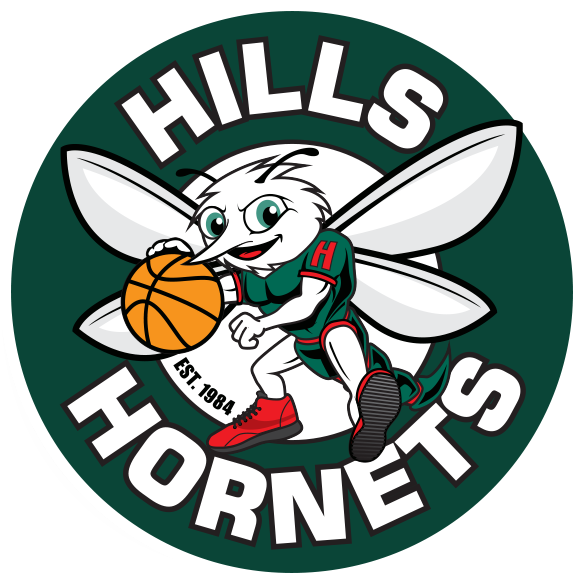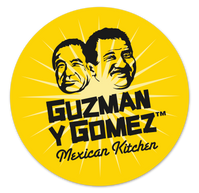FIRST AID
HILLS BASKETBALL ASSOCIATION STAFF PORTAL
Click on YouTube link for a quick overview.
Hospital and Medical Centre contact details:
First Aid is a PRIORITY. All Hills Basketball Association staff are to ensure that they are certified at all times with a First Aid qualification.
Patrons
- Always wear disposable gloves when treating any injury.
- Treat the injured person. Always, remain calm and if you require assistance or you are unsure about something, ask for help.
- Ask the Stadium Supervisor (or Reception) to call an ambulance by dialling 000. If able, the injured party should confirm they would like an ambulance phoned. The cost of an ambulance belongs to the customer.
- Fill in an ‘injury incident report’. Follow up if necessary.
- Referee/Umpire should record details of the injury including name and number of injured party on the reverse side of the scoresheet.
- Become familiar with the supplies available in the First Aid Kit. If supplies become low advise Stadium Supervisor, who will report to office. Reception will restock the following day.
- If first aid provided information must be recorded on the Injury Incident Report Form.
Follow Up Injured Person:
ALL VENUE Injury Incident Forms must be emailed to HBS Receptionist for follow-up.
Upon receipt of an Injury Incident Report Form, the HBS Receptionist will phone the injured person the following working day and;
- establish their current condition & wish them a speedy recovery
- inform them that the Insurance documentation will be emailed to the injured party within five (5) working days.
- provide relevant issues regarding injury insurance should be discussed and any relevant questions answered.
- ask the injured party to phone Reception should the insurance claim form not be received within 5 working days.




